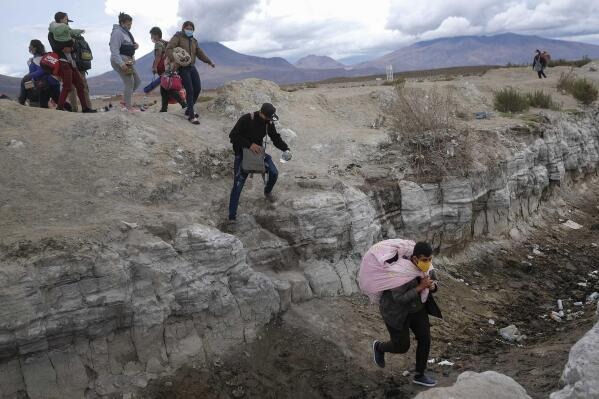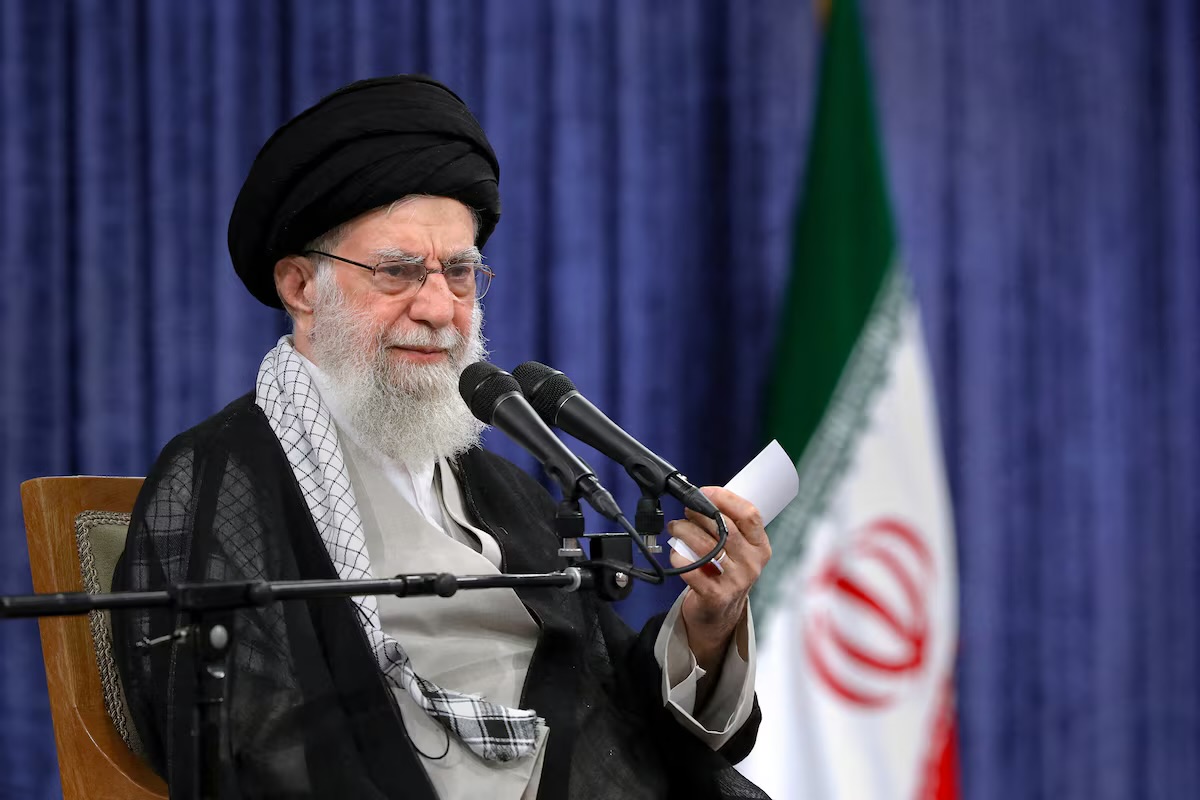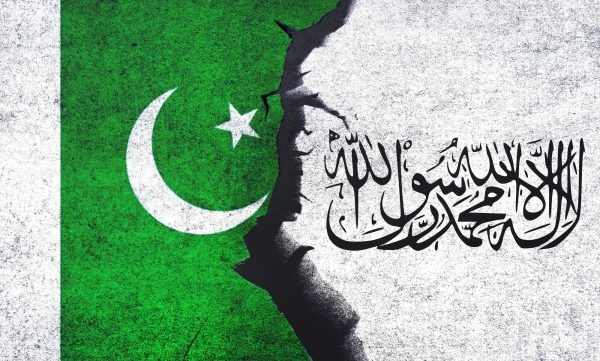By: Cecília Passos Diniz (Brazil)
The complex multidimensional crisis plaguing Venezuela since the early 21st century stands as one of the most intricate contemporary humanitarian challenges, exposing the limitations of classical International Relations theories in the face of realities marked by authoritarianism and state collapse. This work analyzes the diverse aspects of the Venezuelan crisis—political, economic, and humanitarian—by integrating the levels of analysis proposed by J. David Singer (1961), the critical realism of E. H. Carr (1939), and the reflections on international governance developed by Hidemi Suganami (2008). The goal is to demonstrate how these complementary theoretical perspectives can offer a comprehensive understanding of the phenomenon.
The multilevel approach, as proposed by Singer (1961), allows for analysis across different dimensions. At the individual level, the role of political leaders shows how the transition from Hugo Chávez to Nicolás Maduro significantly altered the country’s political dynamics. While Chávez cultivated charismatic populism that ensured broad popular support, Maduro adopted a more technocratic and repressive style, accelerating the process of democratic erosion. This difference in leadership profiles is crucial for understanding the political deterioration of the economy, which was already oil-dependent during Chávez’s government. The combination of factors such as financial collapse—due to falling oil prices under Maduro—, Maduro’s lack of Chávez’s charisma and political skills, and his clearly authoritarian decision-making explains why the Maduro government faced massive protests in 2017. In contrast, Chávez, despite his authoritarian tendencies, maintained high popularity during the oil “boom”. At the state level, economic policies remained similar, but the international context and internal management transformed their impacts.
At the state level, we observe the collapse of essential public services. Hyperinflation nearing approximately 2,000,000%, coupled with private sector paralysis—caused by nationalizations and the lack of foreign currency to import machinery and raw materials—created a scenario of economic chaos. The bolívar plummets, international reserves barely reach $10 billion, and there are shortages of food and medicine. Widespread hunger, hospitals in ruins, and record unemployment—with informal work as the only alternative for those not linked to the government or the residual private sector—have worsened the crisis. Additionally, Venezuelan aid to Cuba and other Caribbean islands drastically decreased due to these factors. This situation stems directly from the economic policies of Chavismo, which destroyed national productive capacity and increased import dependency.
The systemic perspective also allows understanding the Venezuelan crisis within a broader geopolitical context. Russian and Chinese support for the Maduro regime must be understood within the framework of these powers’ strategic competition with the United States. This dynamic corroborates E. H. Carr’s central thesis about the primacy of national interests and power relations in international politics.
Petróleos de Venezuela (PDVSA), once one of the world’s largest oil companies, became an instrument of political clientelism, while the judiciary was progressively instrumentalized against political opposition. This process of institutional deterioration, which Carr (1939) would identify as characteristic of authoritarian regimes, aggravated the humanitarian crisis, causing the state to lose its capacity to provide basic services to the population.
Economic and political fragility led Venezuela to deepen its dependence on strategic partnerships, especially with Russia. When the country faced difficulties in obtaining international credit—including reduced Chinese financing—Russian energy companies like Rosneft and Gazprom invested in PDVSA in exchange for access to Venezuela’s gas reserves. This economic relationship extended to the military sphere, where Venezuela became one of the top importers of Russian weapons in Latin America, with contracts worth $11 billion.
Applying Hidemi Suganami’s theory in Narrative Explanation and International Relations (2008) to the Venezuelan crisis exposes the limitations of global governance arrangements in the face of complex crises. The mass migration of Venezuelans—estimated at approximately 7.9 million refugees and migrants worldwide, according to government data—highlighted the international community’s inability to coordinate effective responses. While international bodies like the UN appealed for solidarity, regional countries adopted contradictory migration policies, ranging from reception programs (like Brazil’s Operação Acolhida / “Operation Welcome”) to severe migration restrictions (as in Chile and Peru).
The COVID-19 pandemic worsened the crisis, exposing the bankruptcy of the state and the weakness of Venezuela’s health system. Carr (1939), in his critique of idealism, helps us understand how the pandemic response was politically instrumentalized, with the regime prioritizing narratives of sanitary needs. Hospitals faced mortality rates of up to 50% among inpatients, while the government underreported cases and persecuted healthcare professionals who denounced the reality. This realpolitik approach to the crisis corroborates Carr’s thesis on the primacy of power in political relations.
An integrated analysis of the perspectives of Singer, Carr, and Hidemi Suganami suggests that any lasting solution to the Venezuelan crisis must consider the complex interaction of factors. Beyond revealing how domestic and systemic factors feed into each other (Singer), power considerations prevail over human rights (Carr), and international institutions demonstrate both limitations and potential for conflict mediation (Suganami). Together, these approaches offer a robust analytical framework for understanding one of the 21st century’s most complex humanitarian crises.






This Post Has 3 Comments
This was a thoughtful application of IR theory to a real-world crisis. Using Singer’s multilevel analysis to differentiate the impacts of Chávez and Maduro is especially insightful—it highlights how leadership style can deeply influence national trajectories. I’d be curious to see how Suganami’s views on international responsibility might inform actionable responses from regional actors.
This is a brilliantly articulated and deeply analytical piece. Your integration of Singer, Carr, and Suganami offers a compelling framework for understanding the Venezuelan crisis beyond surface-level narratives. I was especially impressed by how you connected leadership styles with systemic outcomes, such a nuanced perspective! Congratulations on this important contribution.
This is a brilliantly articulated and deeply analytical piece. Your integration of Singer, Carr, and Suganami offers a compelling framework for understanding the Venezuelan crisis beyond surface-level narratives. I was especially impressed by how you connected leadership styles with systemic outcomes, such a nuanced perspective! Congratulations on this important contribution.